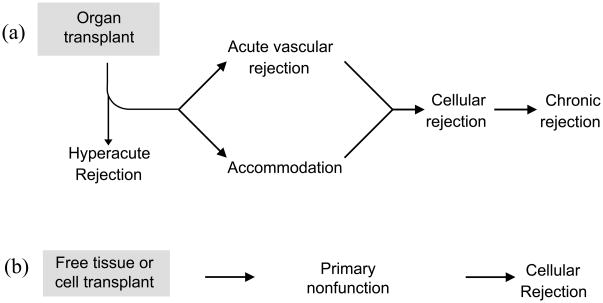Figure 2. Impact of antibodies on the outcome of organ versus cell or tissue transplants.
A. Outcomes of organ transplants
In solid organ transplantation donor and recipient vessels are anastomosed together thus hyperacute rejection is the first possible outcome. If hyperacute rejection is avoided antibodies may either cause acute vascular rejection, or accommodation. If acute vascular rejection is prevented and accommodation is not achieved, the graft may undergo cellular or chronic rejection. With the exception of cellular rejection, B cells are central to the other types of rejection because of the antibodies they produce.
B. Outcome of cell and tissue transplants
Unlike solid organ transplantation the blood vessels feeding a tissue or cell transplant are of recipient origin. As a result, humoral rejection is not observed. Early failure of a tissue or cell transplant is caused by primary non-function either due to failure of engraftment or a very rapid immune response. If engraftment occurs successfully the tissue or cells are then subject to cellular rejection only.

